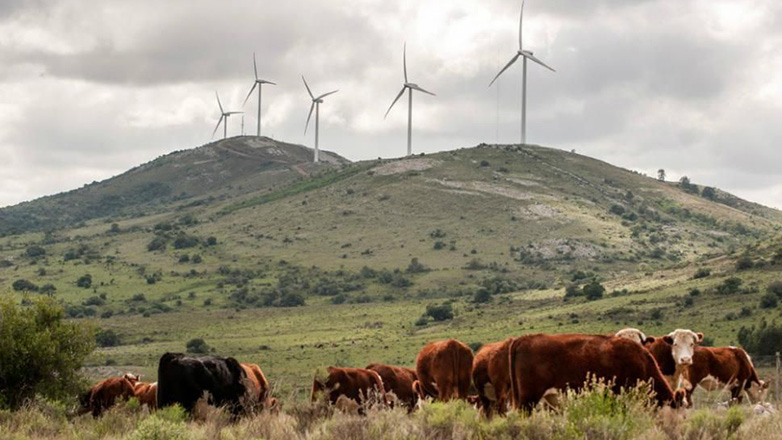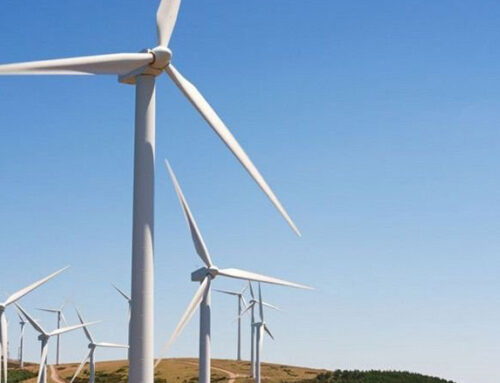Uruguay continues to be Latin America’s leading country regarding energy transition towards renewable sources, according to an index released jointly this week by the World Economic Forum and the Accenture consultancy firm.
On a list Sweden continues to top, the South American country fell two notches from 11th to 13th compared to 2020’s ranking, still way ahead of other nations in the region. Costa Rica ranked 26th (up to one notch compared to last year) and Colombia, fell from 25th to 29th.
Other Latin American countries in the upper half were listed as follows: Brazil (30), Chile (34), Paraguay (36), Peru (42), Mexico (46), Argentina (47), Ecuador (48) and Panama (50). Venezuela ranked 111 and Haiti became the region’s worst at 114, barely one notch above Zimbabwe.
The index, now in its tenth edition, shows that 92 countries have advanced in their transition to clean energy in the last decade, although only 13 of them have made a “constant” improvement.
Norway moved up to the second place from last year’s 5th with Denmark standing at 3rd, followed by Switzerland, Austria and Finland.
Among the main world economies, the United Kingdom stands out in seventh place and France in ninth, while other economic powers such as Germany (18), the United States (24), Italy (27), and China (68) were well behind Uruguay.
Still, China improved 10 notches since 2020 while India (which together with China consumes a third of global energy) fell 13 spots to end up in 87th place.
According to the report, the transition “requires a complete transformation of the global energy, economic and social system that must begin now, as the next decade is crucial to achieving the climate objectives.”
Eight of the world’s 10 largest economies have set a goal of zero net emissions by mid-century, and that last year investment in energy transition exceeded 500,000 million dollars worldwide, despite the coronavirus pandemic.
In ten years, the number of people on the planet without access to electricity has been reduced from 1,200 to 800 million, while the development of renewable energies has made it possible to increase environmental sustainability and energy security in importing countries, the study said.
On the downside, the report notes that carbon intensity (greenhouse gas emissions per unit of GDP) has increased in emerging countries in Asia and Sub-Saharan Africa over the past decade.
Source: MercoPress





